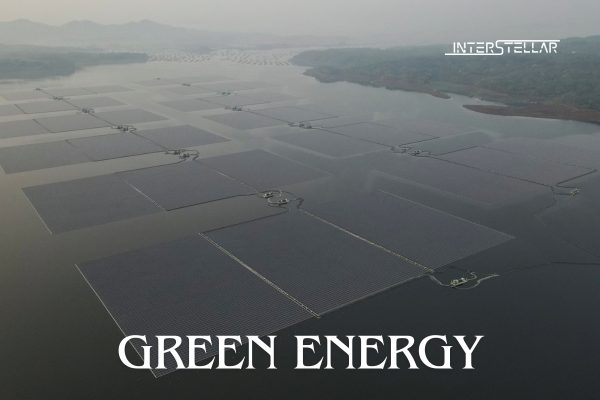Indonesia to Invite Global Investment for 75 GW Renewable Energy Projects
Indonesia has announced plans to invite international investors to build 75 gigawatts (GW) of renewable energy capacity within the next 15 years, as shared by Indonesia’s climate envoy at the COP29 summit. This ambitious plan marks a significant commitment from newly appointed President Prabowo Subianto, according to Hashim Djojohadikusumo, his brother and Indonesia’s climate envoy at the United Nations Climate Change Conference held in Baku, Azerbaijan.
Indonesia’s Commitment to Carbon Neutrality
Indonesia, one of the world’s largest greenhouse gas emitters, has pledged to achieve carbon neutrality by 2060. A critical part of this commitment is phasing out coal-fired power plants, which currently dominate the country’s energy mix, and replacing them with renewable sources. During his speech in Baku, Hashim emphasised that Indonesia aims to implement 100 GW of new energy under the new administration, with 75%—or 75 GW—sourced from renewables over the next 15 years.
The renewable energy development plan includes solar, hydro, geothermal, and nuclear power projects. However, Hashim did not specify plans for the remaining 25 GW, which leaves room for further clarification as the administration’s energy policy unfolds.
Current Energy Landscape and Future Transmission Plans
Indonesia’s current power generation capacity is approximately 90 GW, with over half of that reliant on coal. Renewable sources presently contribute less than 15% to the energy mix, and the country currently has no nuclear power, a topic of concern given Indonesia’s vulnerability to earthquakes.
In support of the new renewable projects, Perusahaan Listrik Negara, Indonesia’s state-owned power utility, is developing a 70,000-km (43,500 miles) green transmission line network. This extensive infrastructure is designed to facilitate the distribution of renewable energy across Indonesia’s archipelago, according to company CEO Darmawan Prasodjo in a statement from Baku.
Challenges and Investment Potential in Renewable Energy
Indonesia’s push for renewable energy has faced obstacles, notably from coal subsidies that make renewable energy tariffs less appealing to investors. Analysts highlight that although Indonesia has promoted its renewable potential, limited progress has been made so far in attracting substantial renewable investments. The new plan, however, may signal a shift in priorities and attract the interest of foreign investors looking to support large-scale green energy projects.
Carbon Offset and Reforestation Initiatives
In addition to expanding renewable energy, Indonesia plans to launch carbon offset projects capable of removing hundreds of millions of metric tons of carbon from the atmosphere. Hashim did not provide further details on these projects but noted that they would be part of Indonesia’s broader environmental strategy.
As part of his agenda, President Prabowo intends to reforest 12.7 million hectares of degraded land, with international funding support. Notably, the Bezos Earth Fund, Jeff Bezos’s $10 billion environmental initiative, has already expressed interest in contributing to this reforestation project, according to Hashim.
These combined efforts—expanding renewable energy, reducing carbon emissions, and reforesting degraded lands—highlight Indonesia’s dedication to combating climate change while creating opportunities for global green investment.





